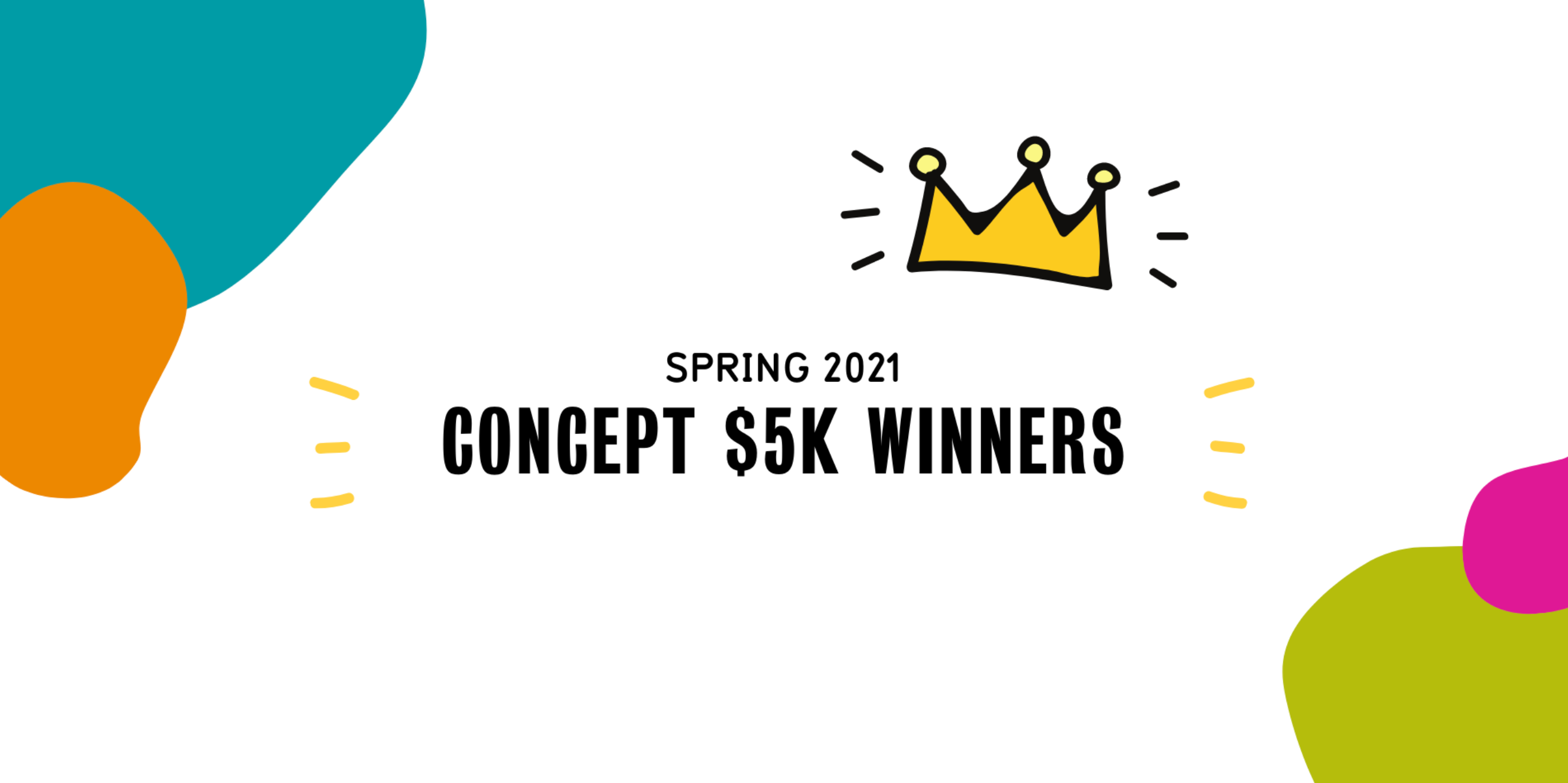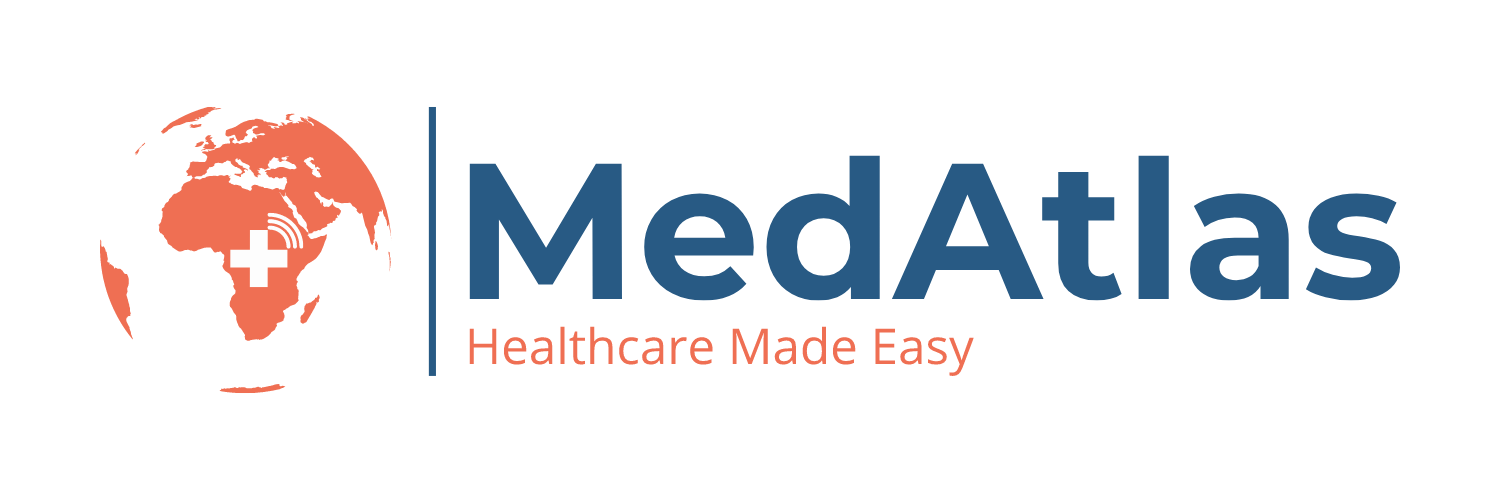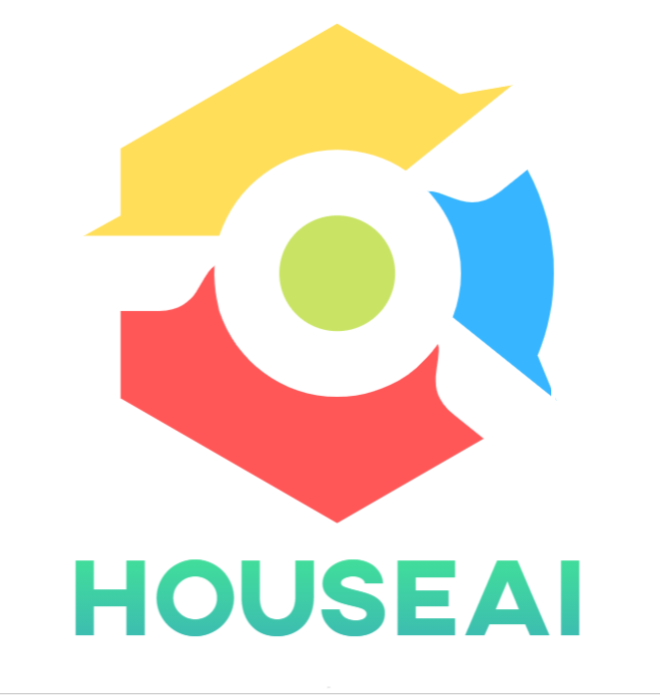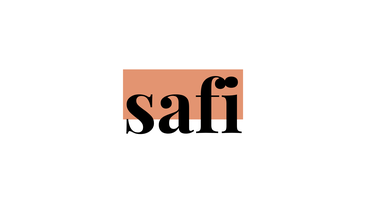Editor:
Brandon Sweet
University Communications
bulletin@uwaterloo.ca
Q and A with the experts: COVID learning setback

The University of Waterloo has a number of experts available to speak about issues relating to COVID-19.
Parents, students and decision-makers are dealing with more challenges as we move closer to another pandemic school year. The Organisation for Economic Co-operation and Development (OECD) characterized COVID-19 school closures as the “greatest disruption in educational opportunity worldwide in a generation,” affecting 90 per cent of the world’s student population. Sociology professor Janice Aurini, an expert in schooling and education inequality, explains the challenges and recommends strategies to mitigate the educational impacts of the pandemic.
As students and teachers move back to in-person teaching after five months away from classrooms, what do we know from previous research into school disruptions?
The unprecedented nature of COVID-19 school closures defies a straightforward comparison. However, there are lessons from education research that we can draw on. Numerous studies demonstrate that ‘non-school time’ can be a key generator of achievement gaps. For example, the years leading up to kindergarten prime children for content-based learning and positive interactions with peers and teachers (also referred to as ‘school readiness’). Gaps in school readiness tend to persist as children progress through school and predict various longer-term inequalities, such as education and employment). Research on school absenteeism and summer setback also point to the potency of non-school time and environments.
How does online learning factor into educational setbacks during the pandemic?
Research is continuing to trickle in, but the initial results are not good. At this point, I am unaware of Canadian data that would allow us to directly measure learning online and compare it to in-class learning or pre-pandemic learning more generally. To compensate for these data shortfalls, researchers have had to find creative ways to make reasonable estimates. My colleague and I extrapolated from our summer learning research to estimate likely shortfalls in literacy and numeracy during COVID-19 school closures. We predict learning shortfalls that range from 0 to 3.5 months among typically-performing students and up to one full year among lower-performing students.
Can we learn anything from other countries’ research?
Research from other countries has been able to answer questions about remote learning more directly. They have found that students made little to no learning progress with online schooling. These data are troubling, and education and health leaders will have to balance the potential risks of COVID-19 with emerging research about the negative impacts of school closures and remote learning on not just learning but also children’s wellbeing. Parents whose children have fallen behind are more likely to express concern about their children’s mental health. We shouldn’t be surprised by their observations. While some try to characterize the promotion of academic achievement as in tension with or opposed to children’s wellbeing, there is a reciprocal relationship between the two.
What can we do to make up for learning shortfalls and prepare for the upcoming school year?
A wide range of targeted strategies will be needed to help children catch up. Summer programs are one strategy. Pre-pandemic, my colleague and I evaluated free literacy and numeracy summer camps offered by the Ontario Ministry of Education. These programs not only slowed or stopped summer setbacks, but in some cases, closed skill gaps. And they are very popular with families and students. To be clear, these camps are not the same as summer school. School boards did an excellent job fostering a fun camp-like atmosphere that included recreation and field trips as well as opportunities for parents to do activities with their children. Building on this success and expanding these camps strikes me as a viable way to offer a targeted intervention. These high-quality free summer programs support existing efforts already in the works, such as targeted reading programs, and generate other benefits for families and students.
What else are researchers recommending?
Other researchers also suggest that schools will need to embrace extra programs aimed at re-engaging students, such as free summer programs, high-dosage tutoring and “vacation academies.”
In terms of future school closures, we are more prepared. Even the fall and winter of 2020-2021 looked very different from the first pandemic spring. School boards have resources and training to quickly ‘pivot’ between remote and in-person options. The focus among educators has shifted to questions about improving online teaching and learning, student engagement, and assessment methods.
Janice Aurini is an associate professor in Sociology and Legal Studies. Professor Aurini's research examines issues related to education and schooling. These projects intersect with research and theories of organizations, family, inequality, and technology.
Springing into victory with the Concept $5K winners

This article was originally published on the Concept blog.
Not only does the end of the term mean it’s time to unwind, but it also means that we spring into the Concept $5k Pitch Competition. As always, we were so impressed with the ideas that the student teams brought to the table and immensely proud of the progress they have made from their first submissions to now.
Despite still being amidst a pandemic and the challenges of working remotely and with limited physical resources, these entrepreneurial students focused on their innovations and continued to develop new ideas. A huge kudos to everyone who applied this semester and pitched at the Semi-Finals or the Finals. Your dedication is highly admirable and stands as a testament to both your character and commitment to creating solutions.
We would like to extend a massive thank you to everyone on our judging panel for taking the time to come out and help support student entrepreneurship. Their questions and feedback were invaluable for the teams and will enable them to look deeper into their ideas and better refine them for future success. Thank you to Alysaa Co, Megan Boyd, and Elliot Fung for providing their expertise and helping to split hairs between Finalists and Winners. Although each team made their decision difficult, a few pitches and ideas stood out above the rest.
The winners for the Spring 2021 Concept $5k grant are:
MedAtlas

MedAtlas aims to simplify access to specialist healthcare in Africa using telemedicine solutions.
Team:
Margaret Mutumba
Bonita Nanziri
Stay in Touch with MedAtlas:
Website
LinkedIn
HouseAI

House AI is a customized data analytics solution for hospitals and healthcare institutions that saves lives, costs, and improves workflows.
Team:
Matthew Jiao
Adam Lam
Amrit Bhogal
Stay in Touch with HouseAI:
Website
Maesos

Maesos is developing an IoT microclimate monitoring network using smart weather sensors and novel plant health sensors to optimize agricultural management, maximize yield and combat damage caused by weather, pests, diseases and sprays.
Team:
Brandon Chan
Jack Paduchowski
Kurtis Eisler
Stay in Touch with Maesos:
Website
LinkedIn
SAFI

SAFI is a portable, cost effective, and easy to use pasteurization kit made for Kenyan herders to clean their milk and prevent the spread of deadly illnesses.
Team:
Miraal Kabir
Daria Margarit
Martin Turuta
Alex Shehdula
Stay in Touch with SAFI:
Website
LinkedIn
But wait...
With a goal of increasing health innovation, this semester we had an additional $5k allocated to a team who had a health focused idea. For the first time in Concept history, one team was awarded a total of $10k for their idea.
Read the rest of the article on the Concept blog.
Remembering Professor Don Arnold
This article was originally featured on the Faculty of Health website.
Former University of Waterloo Recreation Professor Don Arnold passed away on June 27 in North Vancouver, British Columbia.
In 1954 Arnold began his undergraduate degree at University of British Columbia (UBC) in Vancouver where he was invited to try out for the UBC-VRC rowing team in 1955. With Arnold in the stroke seat, his crew of four was selected for the 1956 Canadian Olympic trials, which they won by several boat lengths and set a world record. Later that year they represented Canada at the Olympic games in Melbourne, claiming the first ever Olympic gold medal for Canada in rowing. In 1960, he stroked the UBC-VCR Eight crew to Olympic silver in Rome – Canada’s only medal of the Games.
After the 1960 Olympics, Arnold retired from rowing to focus on family and his education, completing his bachelor’s degree at UBC in 1962, a Master of Science in 1964 at San Francisco UCLA, and his doctorate in Recreation and Park Administration at Indiana University in 1970. He accepted a position as Assistant Professor at the University of Waterloo in 1970 in the fledgling department of recreation and leisure studies. He and his family returned to Vancouver in 1976 where he took a teaching position at UBC, and later co-founded and directed Rowing BC.
Arnold’s accomplishments were also featured in a legacy article in The Globe and Mail.
Link of the day
When and Where to get support
Students can visit the Student Success Office online for supports including academic development, international student resources, leadership development, exchange and study abroad, and opportunities to get involved.
Instructors can visit the Keep Learning website to get support on adapting their teaching and learning plans for an online environment.
Course templates are available within your course in LEARN to help you build and edit your content and assignment pages quickly.
The following workshops, webinars, and events are offered by the KL team (CTE, CEL, ITMS, LIB):
- Independent Remote Course Design Essentials, self-directed, continuous self-enrollment course in LEARN.
- Independent Blended Course Design (iBlend), self-directed, ongoing
- New Faculty Teaching Days, Monday, August 9 to Tuesday, August 17
- Waterloo Virtual Reality/Augmented Reality (VR/AR) Community of Practice: An overview of XR initiatives at Georgian College (CTE 7511), Friday, August 20, 12:00 noon to 1:00 p.m.
Employees can access resources to help them work remotely, including managing University records and privacy of personal information. Here are some tips for staying healthy while working from home.
Stay informed about COVID cases on campus by consulting the COVID case tracker.
The Writing and Communication Centre has virtual services and programs to help undergrads, grad students, postdocs and faculty members with academic writing.
- Meet with writing advisors in one-to-one appointments to brainstorm, draft, revise, and polish. No time for an appointment? Try email tutoring for undergrads.
- Beat isolation and make writing progress at weekly Virtual Writing Cafés for grad students and faculty or PJ-Friendly Writing Groups for Undergrads.
- Take an online workshop or apply to our popular Dissertation Boot Camp program.
- Faculty can request custom in-class workshops for their courses, or the WCC can facilitate any existing workshops for student groups.
Co-op students can get help finding a job and find supports to successfully work remotely, develop new skills, access wellness and career information, and contact a co-op or career advisor.
The Centre for Career Action assists undergraduates, graduate students, postdocs, staff, faculty, and alumni through navigating career services that are right for them. You can attend a one-on-one appointment or same day drop-in session at the CCA for assistance with cover letter writing, career planning and much more. You can also book an appointment online or visit our Live Chat to connect with our Client Support Team. The CCA is here to help you.
If you feel overwhelmed or anxious and need to talk to somebody, please contact the University’s Campus Wellness services, either Health Services or Counselling Services. You can also contact the University's Centre for Mental Health Research and Treatment. Good2Talk is a post-secondary student helpline available to all students.
The Library continues to offer virtual access to learning and research materials as well as through their book pickup and delivery services. Davis Centre Library study space is open by appointment Monday to Friday from 9 a.m. to 5 p.m. Special Collections & Archives can also be accessed by appointment. Library staff are available for questions via Ask Us. Full details of current service offerings can be found on their Services Updates page. The Library has also published a resource guide on how to avoid information overload.
The Faculty Association of the University of Waterloo (FAUW) continues to advocate for its members. Check out the FAUW blog for more information.
The University of Waterloo Staff Association (UWSA) continues to advocate for its members. Check out the UWSA blog for more information.
The Sexual Violence Prevention and Response Office (SVPRO) supports all members of the University of Waterloo campus community who have experienced, or been impacted, by sexual violence. This includes all students, staff, faculty and visitors on the main campus, the satellite campuses, and at the affiliated and federated Waterloo Institutes and Colleges. For support, email: svpro@uwaterloo.ca or visit the SVPRO website.
The Indigenous Initiatives Office is a central hub that provides guidance, support, and resources to all Indigenous and non-Indigenous campus community members and oversees the university Indigenization strategy.
The Waterloo Indigenous Student Centre, based at St. Paul’s University College, provides support and resources for Indigenous students, and educational outreach programs for the broader community, including lectures, and events.
WUSA supports for students:
Peer support - MATES, Glow Centre, RAISE, Women’s Centre - Visit https://wusa.ca/peersupport to book an appointment
Bike Centre – Open via Appointments and Rentals
Campus Response Team, ICSN, Off Campus Community and Co-op Connection all available online. Check https://wusa.ca for more details.
Food Support Service food hampers are currently available from the Turnkey Desk on weekdays from 7:30 a.m. to 7:00 p.m. in the Student Life Centre. If you have any questions please email us at foodsupport@wusa.ca.
Centre for Academic Policy Support - CAPS is here to assist Waterloo undergraduates throughout their experience in navigating academic policy in the instances of filing petitions, grievances and appeals. Please contact them at caps@wusa.ca. More information is available.
WUSA Commissioners who can help in a variety of areas that students may be experiencing during this time:
- Equity – equity@wusa.ca
- Co-op and Experiential Affairs – coop.affairs@wusa.ca
WUSA Student Legal Protection Program- Seeking legal counsel can be intimidating, especially if it’s your first time facing a legal issue. The legal assistance helpline provides quick access to legal advice in any area of law, including criminal. Just call 1-833-202-4571.
Empower Me is a confidential mental health and wellness service that connects students with qualified counsellors 24/7. They can be reached at 1-833-628-5589.
When and Where (but mostly when)
Healthy Warriors at Home (Online Fitness)
Fitness Classes (CIF GYM 3). Power Yoga, HIIT and Zumba. Only $4/class. Advanced registration required.
Warriors vs. Laurier Blood Donation Battle. Join your fellow Warriors, donate blood and help us win the Blood Battle against Laurier for a second year in a row. Set up a profile or add the PFL code: UNIV960995 to your account if you have a blood.ca account already. Questions? Contact WarriorsInfo@uwaterloo.ca.
Drop-in to Warrior Virtual Study Halls on Wednesdays from 5:30 p.m. to 7:00 p.m. Come together in this virtual space to set goals and work independently or in groups each week.
Renison English Language Institute continues to offer virtual events and workshops to help students practice their English language skills.
New Faculty Teaching Days, Monday, August 9 to Tuesday, August 17.
Vulnerability to Viability (V2V) Global Partnership session, "Rethinking Coastal Sustainability and Development," Friday, August 13, 9:00 a.m. to 10:30 a.m. live on YouTube.
2021 World Fuel Cell Conference, Monday, August 16 to Friday, August 20.
Anti-racism book club, “21 Things You May Not Know About the Indian Act: Helping Canadians Make Reconciliation with Indigenous Peoples a Reality” (2018) by Bob Joseph, Tuesday, August 17, 12 noon to 1:00 p.m.
NEW - Quantum Today: Dimension Reductions in Quantum Key Distribution, Thursday, August 19, 12 noon.
NEW - De-Escalating Difficult Student Situations, Tuesday, August 24, 1:00 p.m. to 3:00 p.m.
NEW - QPR Mental Health Training for Faculty and Staff, Thursday, August 26, 9:30 a.m. to 11:00 a.m.
PhD Oral defences
Kinesiology. Dianne Moroz, "The Role of Activities of Daily Living on Healthy Vascular Aging." Supervisor, Richard Hughson. Email Health Graduate Administration for a copy. Oral defence Tuesday, August 17, 9:00 a.m.
Combinatorics and Optimization. Joshua Alexander Nevin, "Thomassen’s 5-Choosability Theorem Extends to Many Faces." Supervisor, Bruce Richter. Thesis available from MGO - mgo@uwaterloo.ca. Oral defence Wednesday, August 17, 10:00 a.m.
School of Public Health and Health Systems. Kirsten Lee, "Supporting healthy and sustainable campuses: Examining food and nutrition interventions in real-world settings." Supervisor, Sharon Kirkpatrick. Email Health Graduate Administration for a copy. Oral defence Tuesday, August 17, 1:00 p.m.
School of Accounting and Finance. Hamza Warraich, "Tax Incentives in Corporate Acquisitions." Supervisors, Ken Klassen, Andrew Bauer. Available upon request from the Faculty of Arts, Graduate Studies and Research Officer. Oral defence Wednesday, August 18, 10:00 a.m.
Psychology. Kiruthiha Vimalakanthan, "Compassion over competition: The momentary and longitudinal benefits of adopting a caregiving mentality in the face of appearance comparisons." Available upon request from the Faculty of Arts, Graduate Studies and Research Officer. Supervisor, Allison Kelly. Oral defence Friday, August 20, 9:00 a.m.
Planning. Raphael Anammasiya Ayambire, “Rural-Environmental Planning in the multifunctional transition: lessons from the governance of working landscapes”. Supervisor, Jeremy Pittman. Available upon request from the Faculty of Environment, Administrator, Graduate Studies. Oral defence Tuesday, August 24, 1:00 p.m.
Additional position available
Secondments/Internal temporary opportunities
-
Job ID# 2021-6988 - Manager, Research - Math Research Office, USG 12